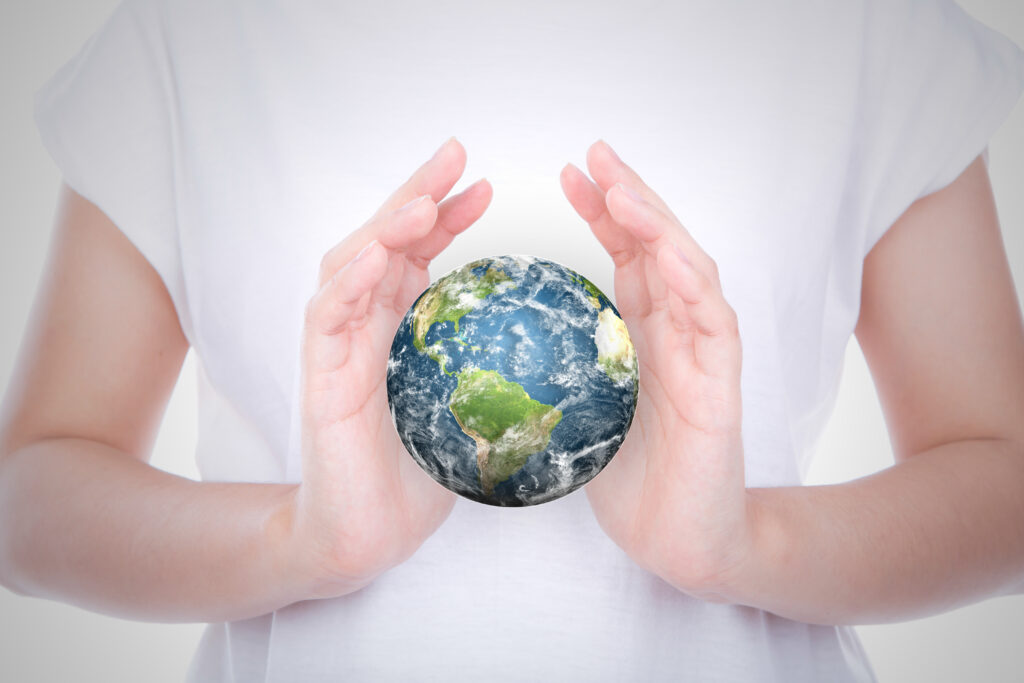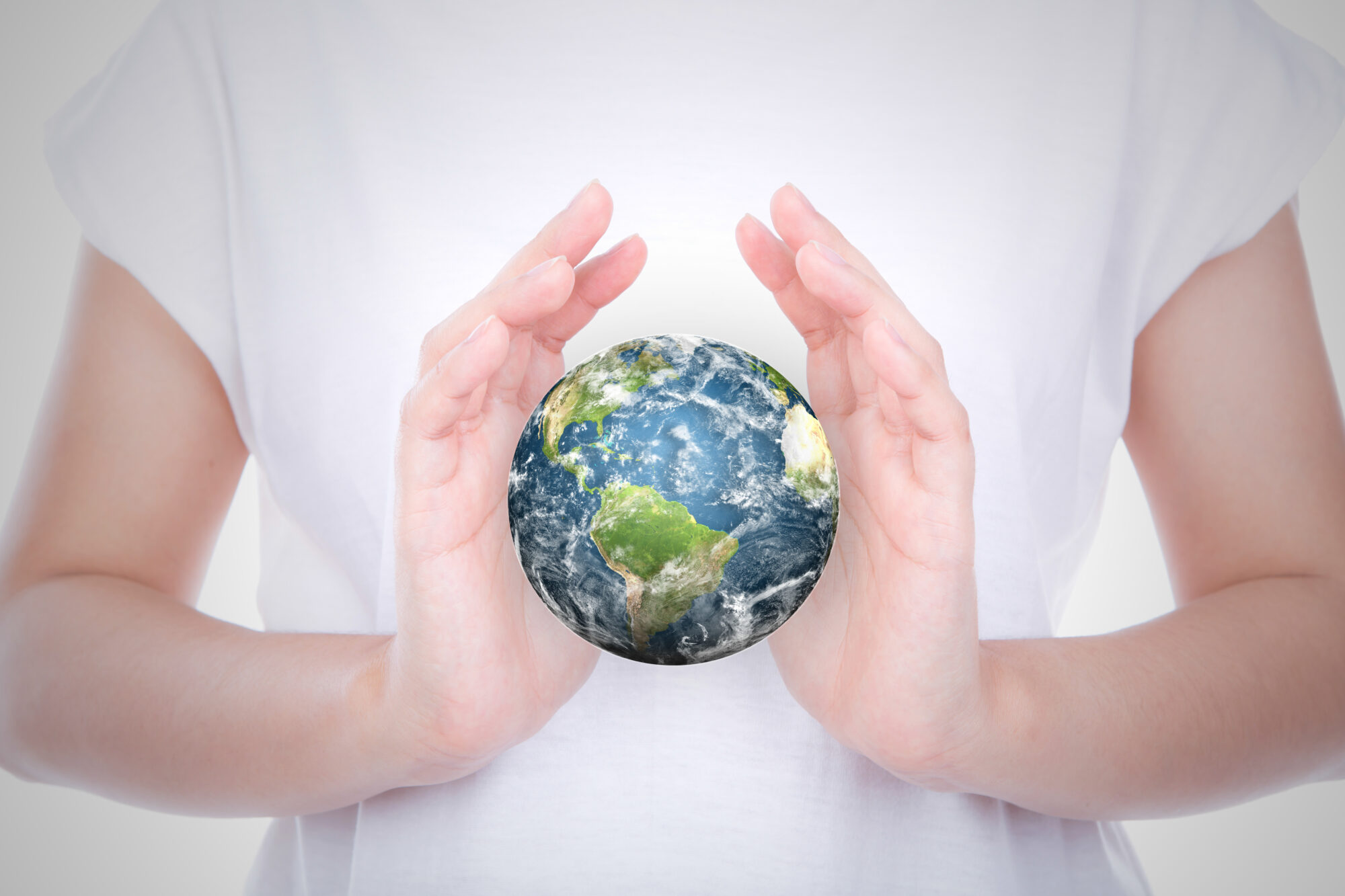
Next week, as every year, we will celebrate two important days that remind us of the urgency of protecting our planet. World Environment Day, on 5 June, and World Oceans Day, on 8 June.
The reason for the creation of World Environment Day was to raise awareness of environmental issues and to encourage action to reduce the negative impact of human activity on the environment. Since its beginning, it has been celebrated annually around the world, focusing on various issues relevant to the current times, such as biodiversity conservation, climate change, pollution, sustainable agriculture, overpopulation, animal crime, global warming and marine and ocean pollution.
World Oceans Day was recognised as a world day by the United Nations in 2008. The oceans make up 71% of the Earth’s surface and play an invaluable role in the functioning of our planet. This day was created as a need to draw attention to their critical condition and evolution within the entire ecosystem.
Do you have a moment to reflect on what the oceans are for us and how they affect each of us?
~ They are a major element in the global climate system. By absorbing large amounts of heat from the sun’s radiation, they act as regulators of the Earth’s temperature. They transfer heat from the tropics towards the poles and influence airflow, creating climate patterns such as monsoons and the much talked about El Niño.
~ They are important producers of the oxygen so necessary for life on Earth. Phytoplankton, microscopic plants that live in water, produce up to 50% of the world’s oxygen through photosynthesis.
~ They are home to an incredible amount of life. From different species of fish, corals, snails, sea turtles, mammals like dolphins and whales, and much more. This biodiversity provides food, shelter and resources for other species, including us humans.
~ Consequently, they are an important part of the world’s food supply. In addition, the oceans provide other resources, such as minerals, oil and natural gas, important to the world economy.
~ They are an important intermediate link in the regulation of the water cycle. Water from the oceans evaporates, forms clouds, and these are converted into precipitation on the Earth’s landmass. And what does this affect? The whole cycle has an important role for agriculture and freshwater supply. They are also a reservoir of water that is released into surface water streams and underground aquifers, which is important for keeping lakes and rivers viable.
~ Plankton in the oceans are the base of the food chain, providing nutrients for other species. Fish migrations then bring nutrients from the oceans to adjacent ecosystems, affecting the biodiversity and productivity of ecosystems on land as well.
~ Last but not least, the oceans affect us. On our psyche, human health and well-being.
In short, the oceans are the source of food, oxygen and regulatory mechanisms that affect the entire planet. This day reminds us of the need to protect them from pollution, overfishing, plastic pollution and other threats.
As humanity, we have come to a point in time where it is imperative to take action to reduce the negative impact of human activity, whether we are talking about growing industry, air pollution, deforestation or climate change. These are just a handful of the troubles we face together.
The current state of nature and the oceans shows that we are confronted with many challenges. Climate change is gradually threatening biodiversity, plastic litter pollution is seriously disrupting ecosystems and overfishing is threatening fish stocks.
Both World Days have received support and commitment from many organisations, governments and individuals around the world. Organizations such as Greenpeace, the World Wildlife Fund (WWF), the United Nations Environment Programme (UNEP) and others play an important role in organizing the celebrations, informing the public and supporting environmental and ocean conservation projects.
Governments themselves are taking legislative action to reduce greenhouse gas emissions, renewable energy sources are emerging and scientific discoveries are pushing the boundaries of sustainable development. Many people are getting involved in volunteer programs for beach clean-ups, recycling and awareness. Collaborations between governments, organizations and us as individuals are a way to help find solutions, as is supporting scientific research and innovation.
Each of us can contribute to positive change. It is our shared responsibility to protect the environment and the oceans for present and future generations. Every day and every person is important and change starts with ourselves. Where to start? We can volunteer, encourage recycling, minimize our own consumption. There are many options and many organizations provide resources and materials that can help us better understand the issues we face. Whether it’s small acts or large projects, every contribution has value.
We have only one planet and it is our responsibility to protect that. The Earth is our life source, our home, an endless supply of food, air and water, the primary necessities for our lives. It is not for nothing that we called “Mother Earth”. We come from it, live on it and depend on its resources and conditions for our survival. Let us take collective responsibility and care for it, just as it cares for us. We are all part of this world and we are it’s creators. But it is important to create it in harmony with the world around us, in harmony with nature, the oceans and other species on Earth.
Photo: Freepik.com

